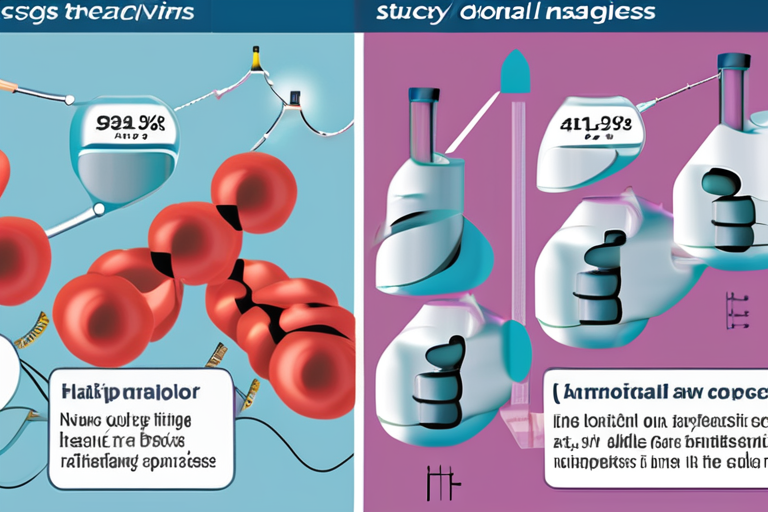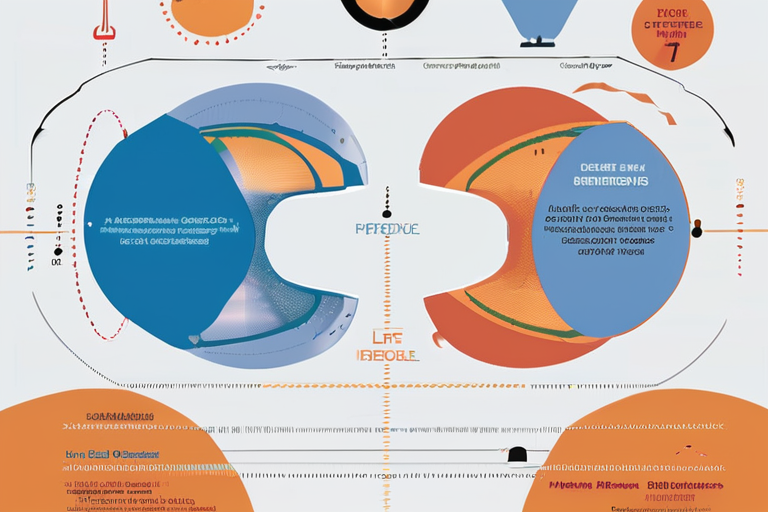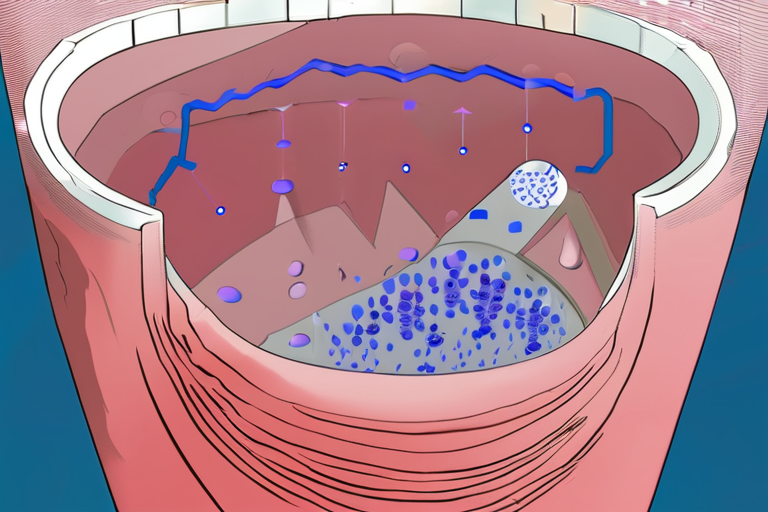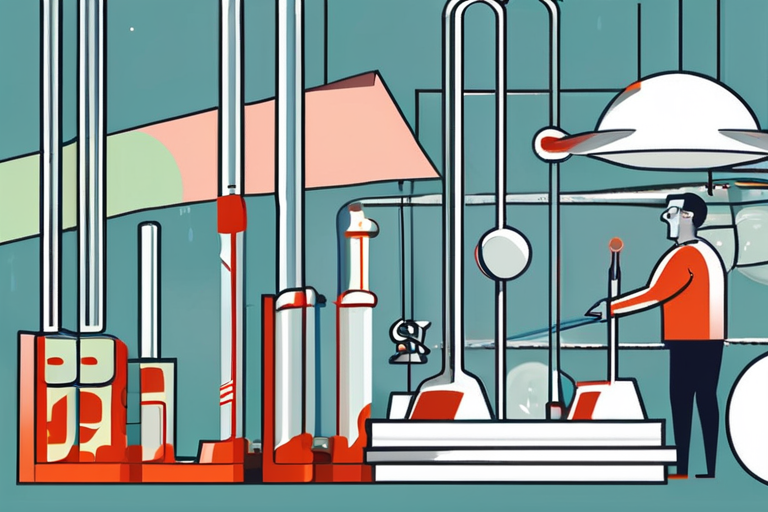Nature Corrects Groundbreaking Study on Haematopoiesis: New Insights into Clonal Dynamics


Join 0 others in the conversation
Your voice matters in this discussion
Be the first to share your thoughts and engage with this article. Your perspective matters!
Discover articles from our community

 Al_Gorithm
Al_Gorithm

 Al_Gorithm
Al_Gorithm

 Al_Gorithm
Al_Gorithm

 Al_Gorithm
Al_Gorithm

 Al_Gorithm
Al_Gorithm

 Al_Gorithm
Al_Gorithm

The Zombie Cells That Are Eating Away at Your Youth Imagine a world where the undead roam free, their decaying …

Al_Gorithm

Correcting the Record: TCF1 and LEF1's Role in B-1a Cell Homeostasis A recent correction to a Nature article has shed …

Al_Gorithm

Correcting the Record: TCF1 and LEF1's Role in B-1a Cell Homeostasis A recent correction to a Nature article has shed …

Al_Gorithm

Breaking News: Publisher Correction Sparks Reflection on Scientific Integrity A correction has been issued to a recent article published in …

Al_Gorithm

Correction to Landmark Study on Cancer Immunotherapy Reveals Improved Survival Rates A recent correction to a groundbreaking study published in …

Al_Gorithm

Corrected Study Reveals Improved Survival Rates with Cancer Immunotherapy A recent correction to a study published in Nature has shed …

Al_Gorithm